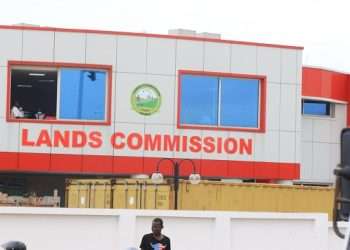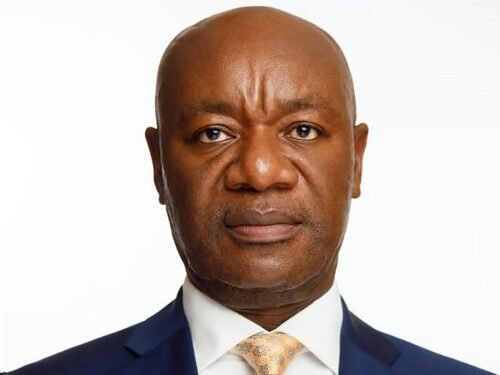President John Dramani Mahama has ordered a sweeping review of all state lands allocated, leased, or sold between 2017 and 2024, vowing to recover any parcel tainted by abuse of office, conflict of interest, or political favoritism.
In a decisive announcement, President Mahama revealed that the Ministry of Lands and Natural Resources, working alongside the Lands Commission, has been tasked to lead the audit. He explained that the scope of the exercise goes far beyond surface checks.
It will examine land originally reserved for schools, hospitals, ecological zones, and other public institutions, which may have been converted into private hands under questionable circumstances.
“Where illegality or impropriety is discovered, such transactions will be reversed, and the land will be recovered to the government by law.
“We’re not on a witch hunt. Those who have legally acquired land through proper processes need not fear. This exercise is about fairness and justice.”
President John Dramani Mahama
The Sale of State Lands Committee, already in operation, is expected to provide a comprehensive report in the coming weeks.
According to the President, this document will serve as the foundation for reshaping how Ghana manages, allocates, and protects state lands.
For Mahama, the need for reform is urgent. Land administration in Ghana has long been plagued by inefficiencies, corruption, and excessive bureaucracy, creating fertile ground for bribery and favoritism.
The President argued that the era of paper-based land transactions must end, making way for digitization and speed.

He outlined a four-point plan to revolutionize the Lands Commission’s operations. First, all land records nationwide will be digitized, building on the existing enterprise land information system.
Second, integration of services across registries, valuation, and survey departments will streamline processes.
Third, blockchain technology will be introduced to protect land data from manipulation. And fourth, decentralization will take place through the establishment of functional land offices in all 261 metropolitan, municipal, and district assemblies.
Tackling Corruption In The Sale of State Lands Head-On
President Mahama’s commitment to cleaning up land administration is underscored by his tough words on corruption.
He vowed that graft within the Lands Commission would no longer be tolerated or ignored, emphasizing that ordinary Ghanaians should not need to pay bribes or rely on connections to secure legitimate documents.
“No land document should take more than 30 working days to process, and no Ghanaian should have to pay bribes or know someone at the top to be able to register their land. Corruption within the Lands Commission will no longer be tolerated or treated indifferently.”
President John Dramani Mahama

To support the decentralization process, over 300 young professionals will be recruited and deployed to district offices across the country.
These new offices are expected to provide accessible, citizen-friendly land services, eliminating the concentration of power in Accra and reducing opportunities for exploitation.
The most striking element of Mahama’s plan is the integration of blockchain technology into land administration.
By creating a transparent, tamper-proof system, the government hopes to prevent alterations of land records and ensure the integrity of ownership data. For decades, manipulation of paper records has fueled disputes, double sales, and illegal acquisitions of state lands.
The shift toward blockchain and digital solutions aims to restore trust in land governance and position Ghana as a model in the region.
The President’s emphasis on modernizing land administration also reflects broader economic goals. Efficient and transparent land services are crucial for attracting investment, enabling infrastructure projects, and safeguarding public resources.
By tackling the land question head-on, Mahama aims to not only correct past wrongs but also lay the groundwork for future growth.
Looking Ahead
Meanwhile, the success of this initiative will depend heavily on execution. Audits and reform promises have been made in the past, often with little follow-through.

For Mahama’s agenda to achieve its intended impact, the audit must be rigorous, transparent, and followed by swift action against those found to have abused their authority.
Still, the President’s directive signals a strong political will to confront an issue that has long eroded public confidence in governance.
With digitization, decentralization, and an uncompromising stance on corruption, the government hopes to close loopholes that have allowed public assets to be converted into private wealth.
As the Sale of State Lands Committee prepares its findings, the coming months will reveal whether this initiative becomes another missed opportunity or a landmark reform in Ghana’s land administration.
For now, Mahama’s order has set high expectations among citizens eager for accountability and fairness in the management of state lands.
READ ALSO: Afghanistan Earthquake: Calls For Aid As Death Toll Exceeds 1400























